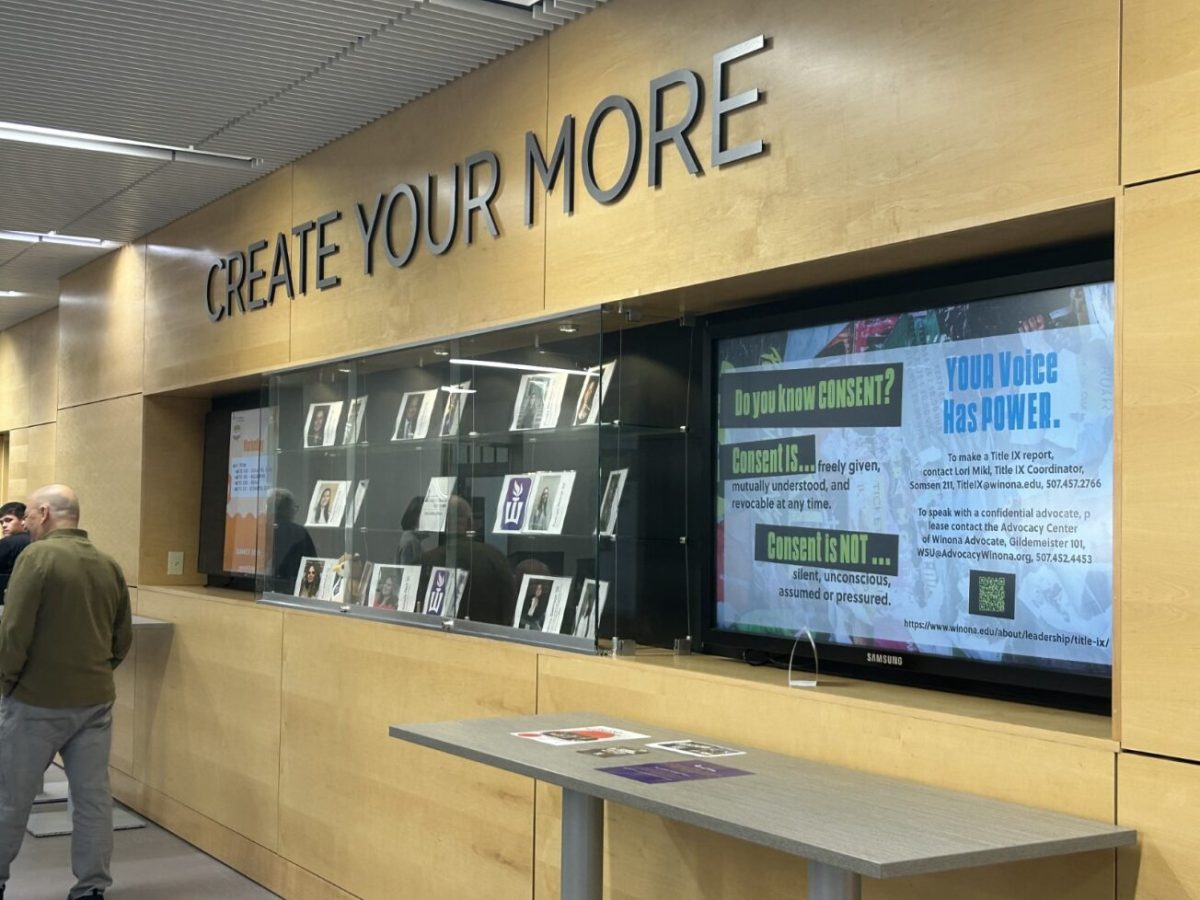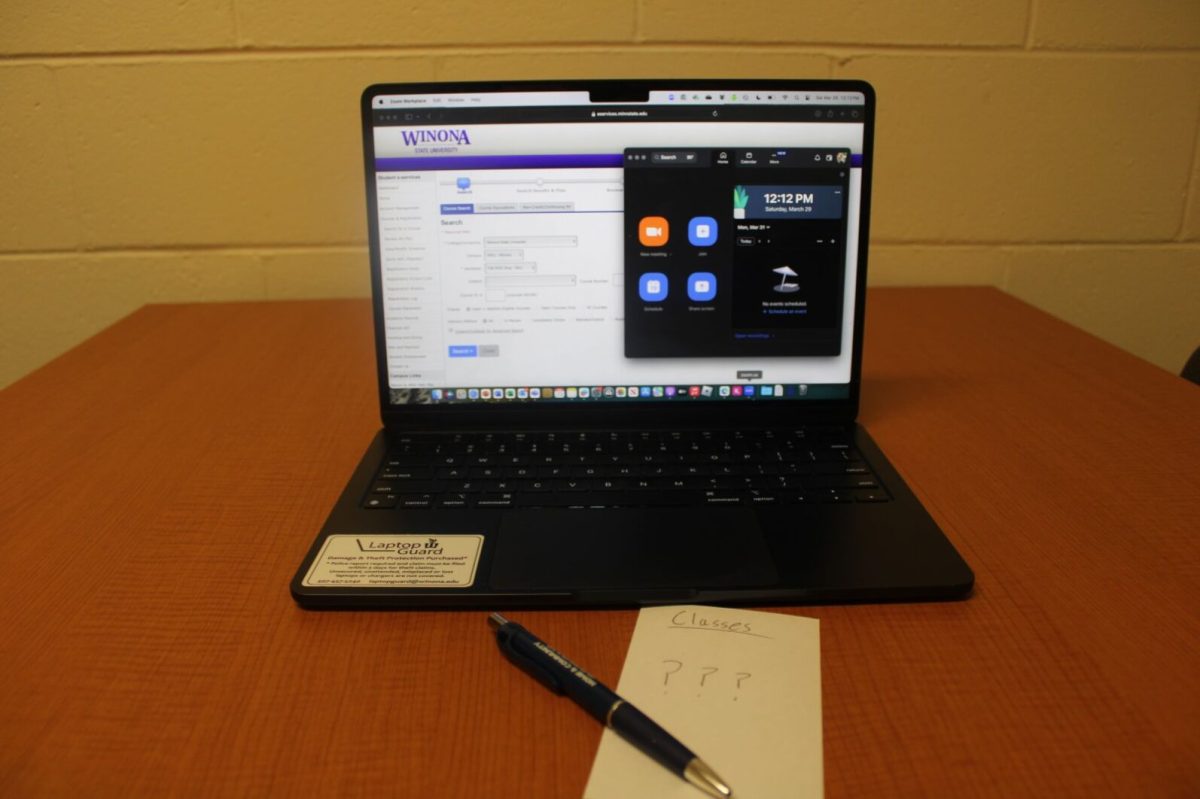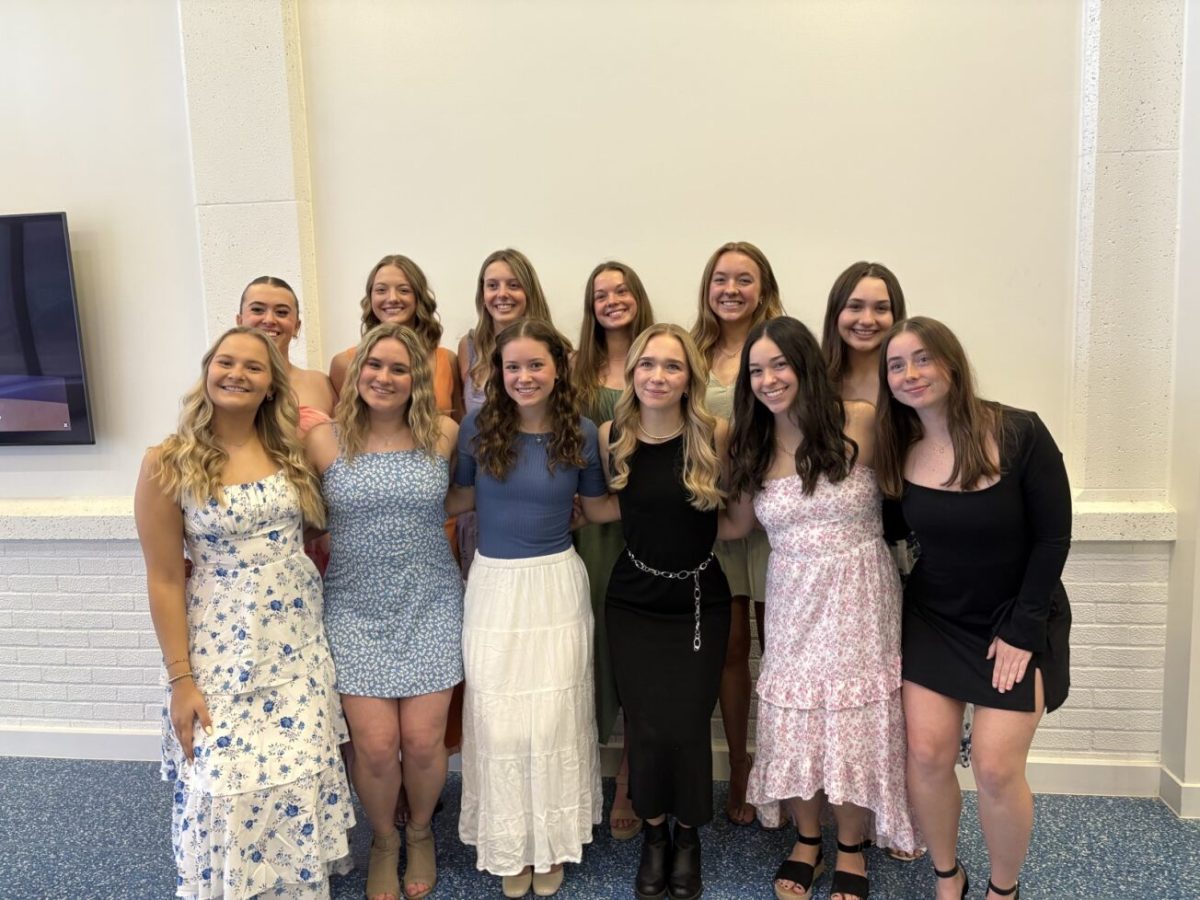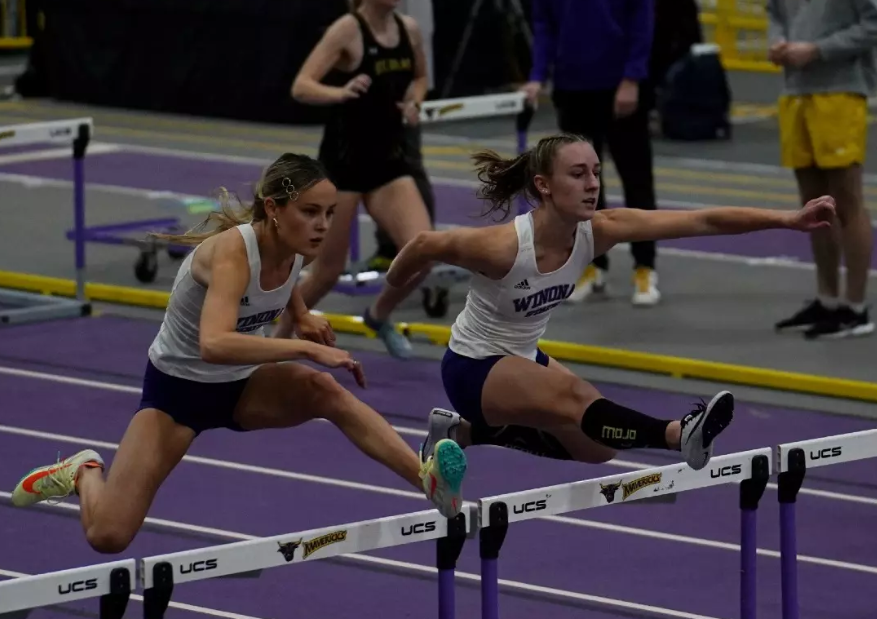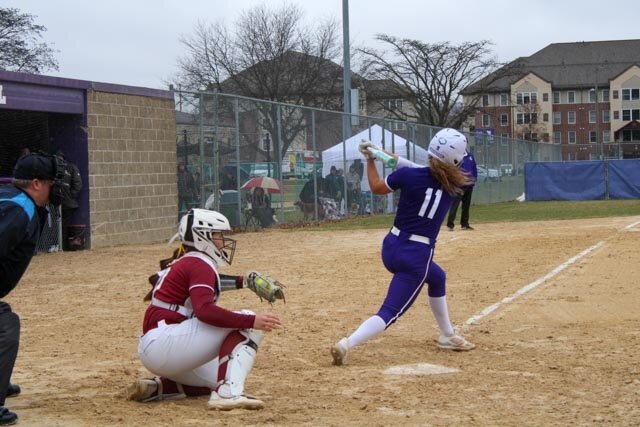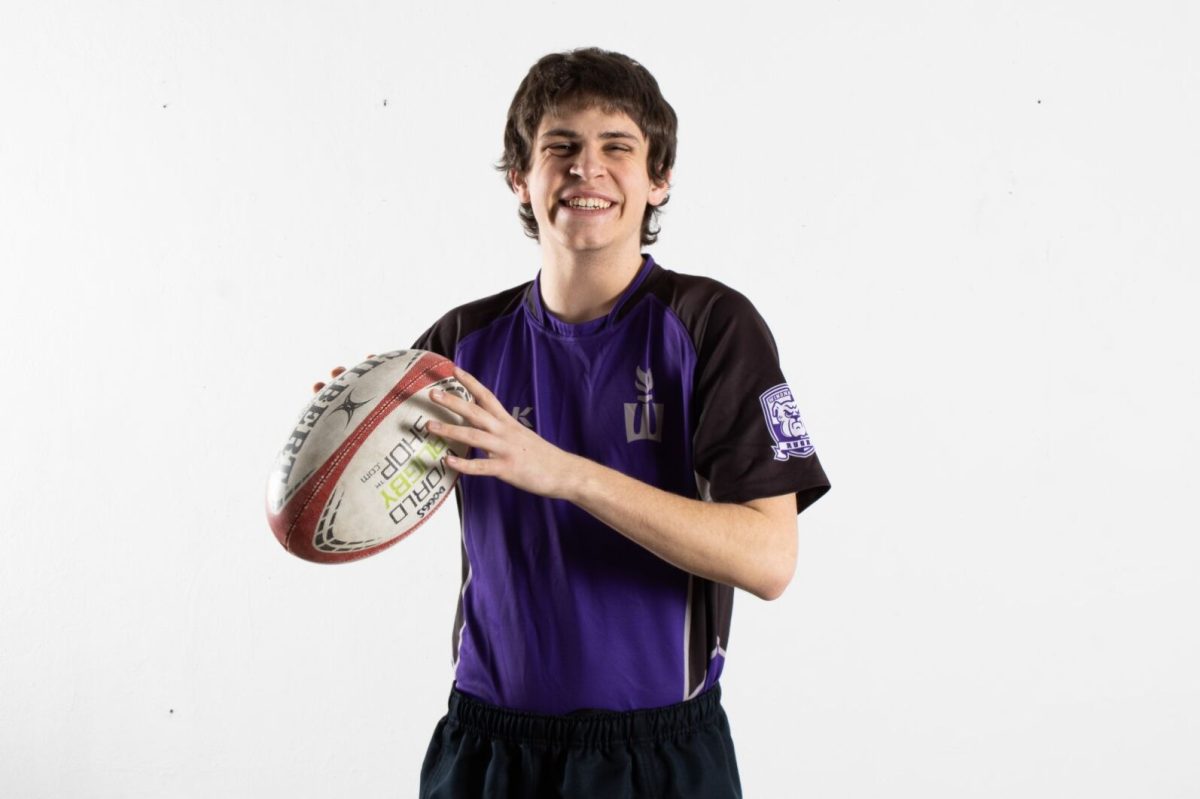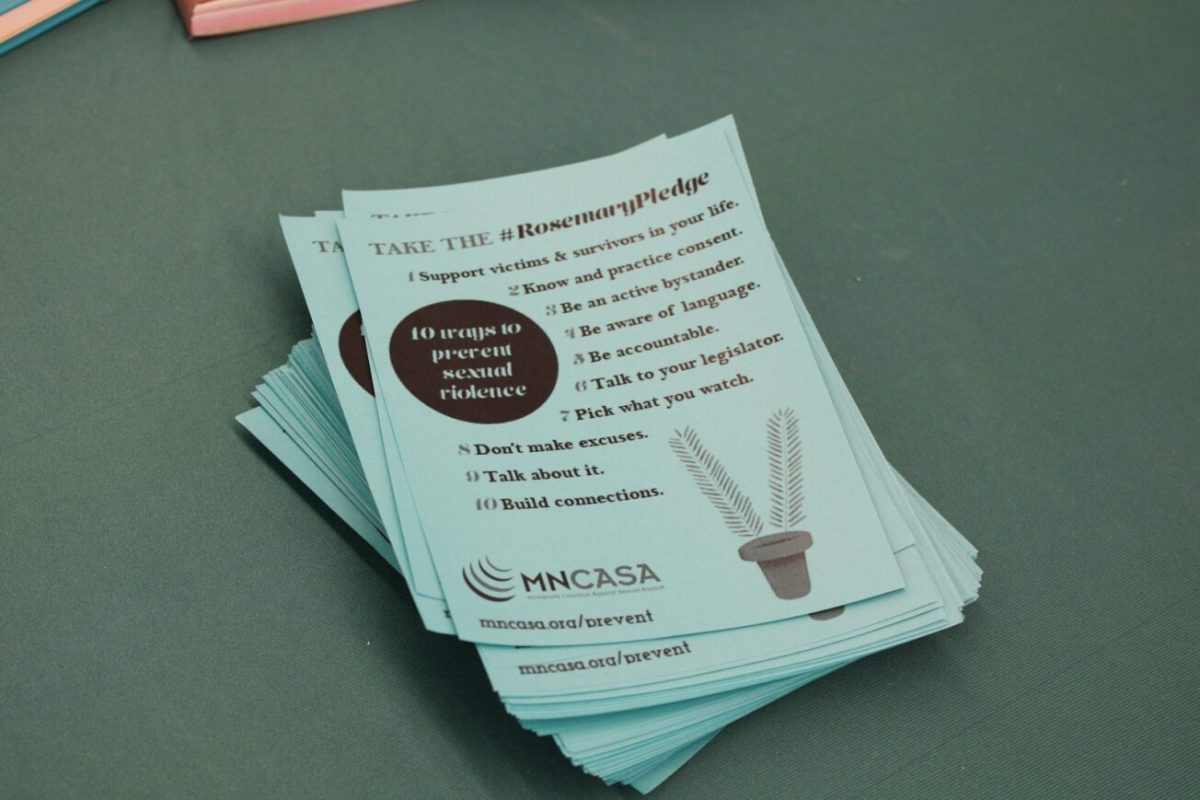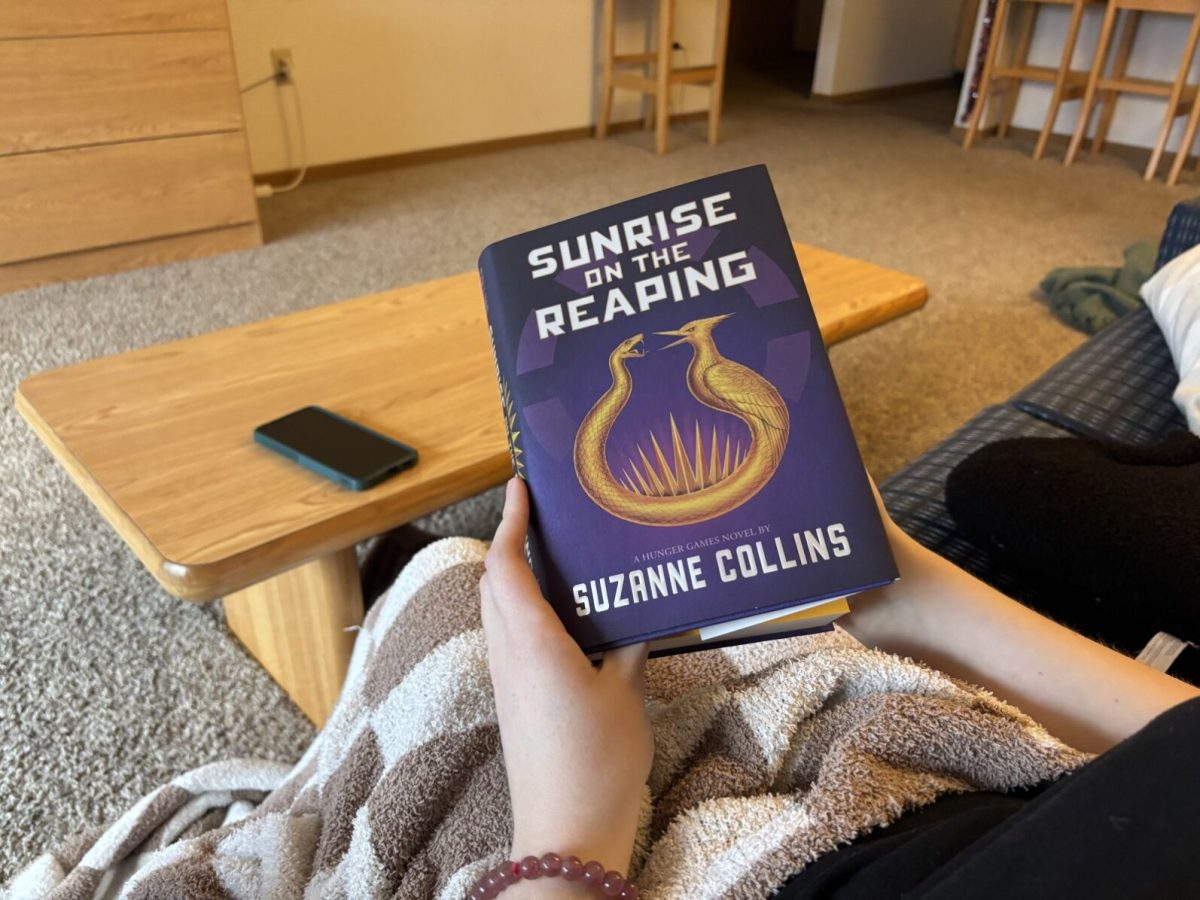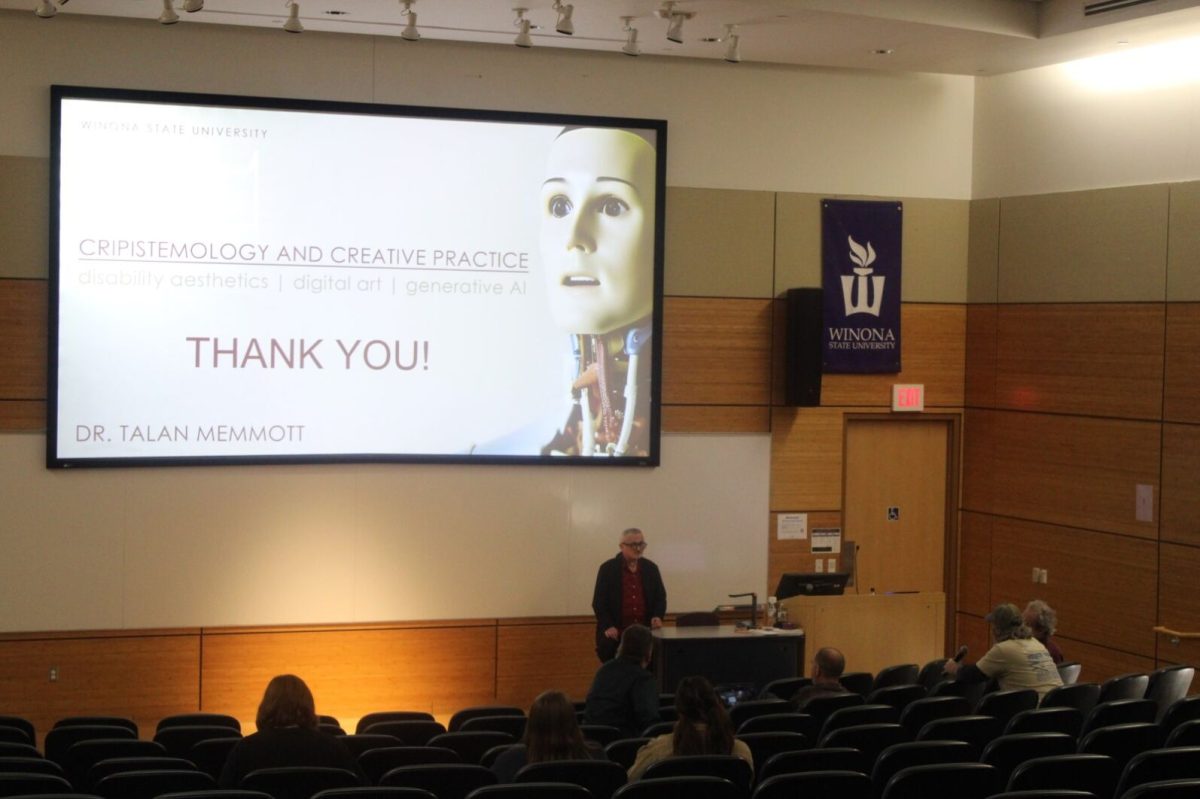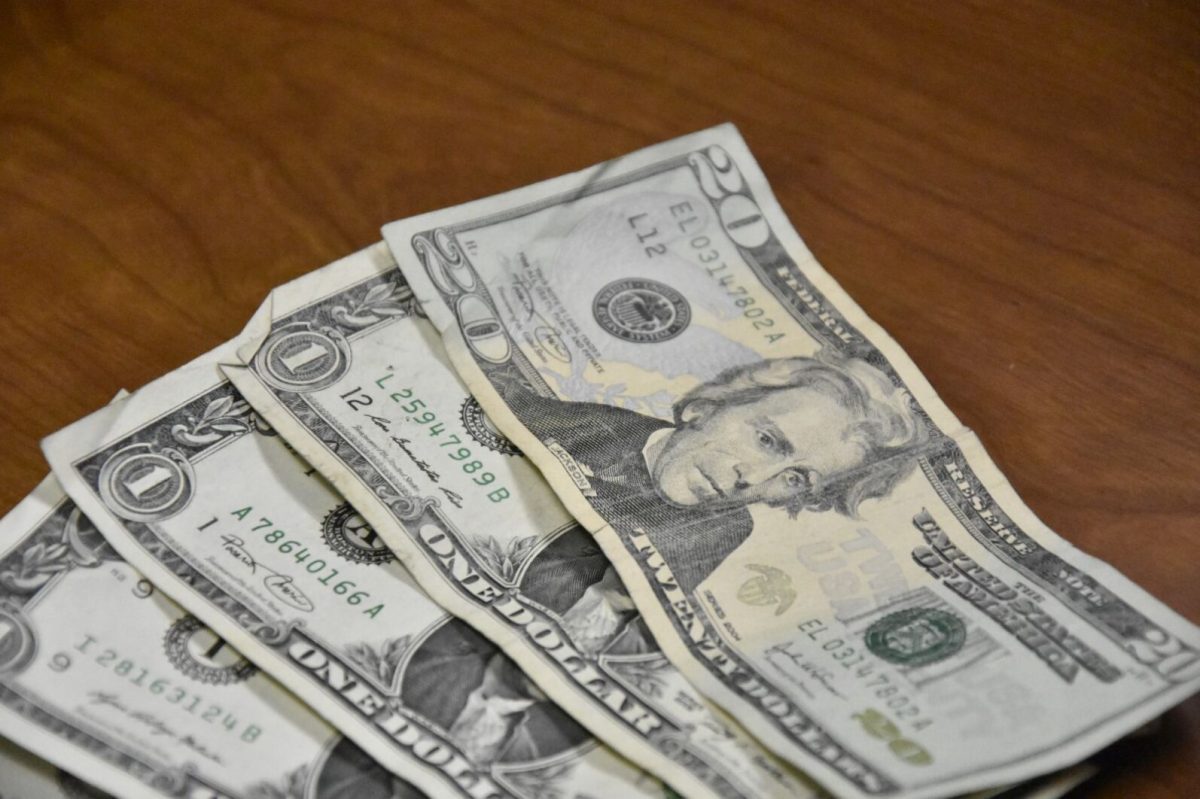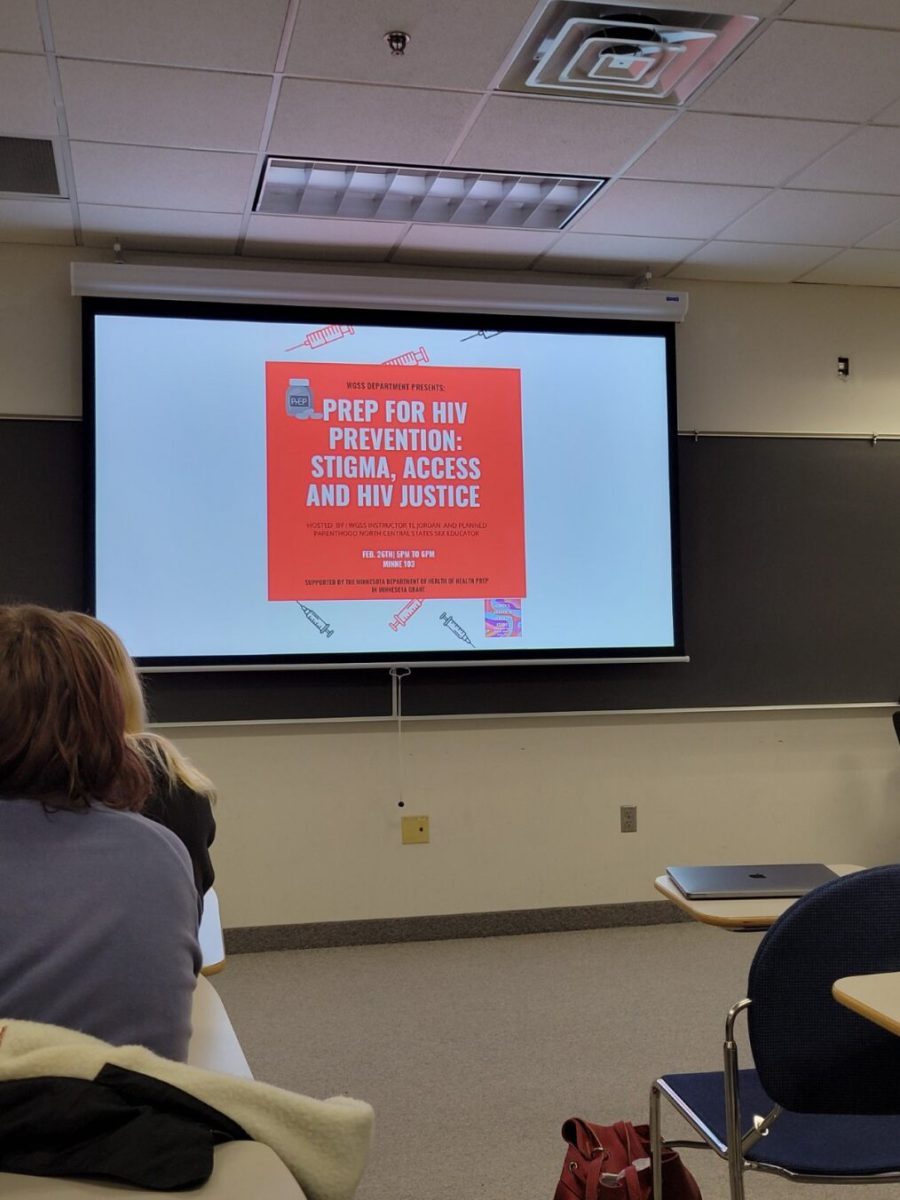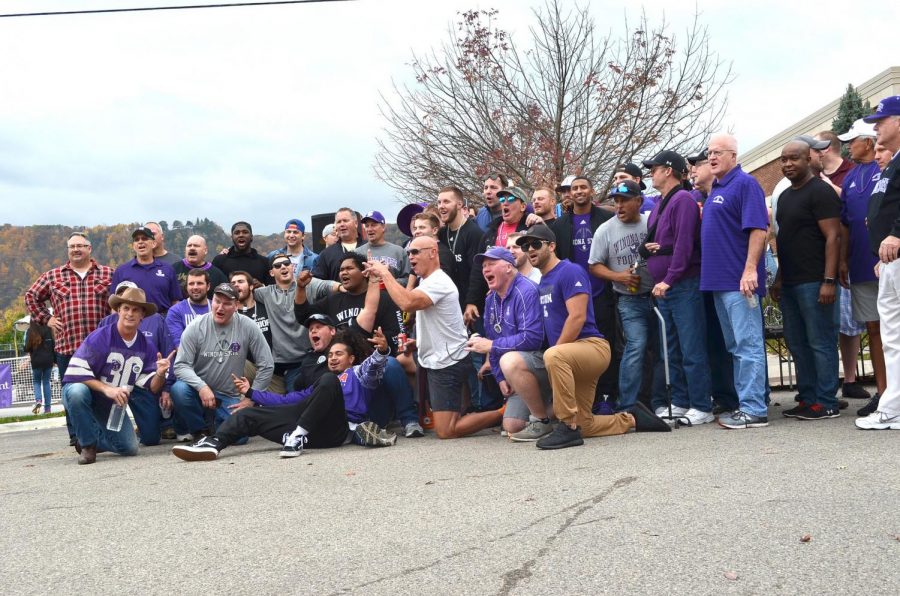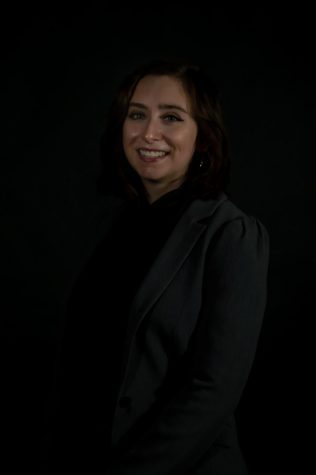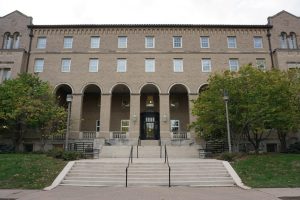President Olson talks dry campus
Winona State alumni and former members of the football team gather together for a photo before the 2017 Homecoming game during the Game Day Experience. Events like the Game Day Experience are subject to an exception from the Winona State dry campus policy after some paperwork.
October 24, 2018
Winona State is a dry campus. However, this is decided by the Minnesota State System which has enacted alcohol and drug policies.
According to the President of Winona State University, Scott Olson, much of the Winona State policies are under the control of a single board controlled by Minnesota State.
“Not all of this is under our own control. Winona State University is under a Minnesota State system of colleges and universities. There are about 37 campuses and they’re all governed by a single governing board. The governing board makes the rules,” Olson said.
The state of Minnesota regulates drinking on campus by enforcing rules and regulations.
“There are state laws that say how old you have to be to drink and there are [MinnState] rules that your campus has to be dry, except that you can allow events on occasion,” Olson said.
In the policy, there is also a clause that allows alcohol to be served on campus during special one-time occasions.
These occasions must be signed off on by Olson. Before he can sign off on an event, the event’s sponsor must first submit a form and complete many requirements, including purchasing insurance with a minimum of $2,000,000 per occurrence.
The insurance ensures that the of-age drinkers will be consuming responsibly. This system is primarily used for weddings and is rarely used for events that students may be present for.
“Probably the most common example of that is weddings. Our campus is often chosen as sites for weddings for alumni who loved their Winona State experience so much that they want to get married here and have their receptions here. They must sign a certain permission in order to serve beverages such as champagne or wine at their wedding,” Olson said.
However, servers at events such as these are limited to serving beer and wine and prohibit the serving of hard liquor.
“They are able, for a brief window to serve beer and wine. If they’re serving anything else, they’re not supposed to be,” Olson said.
The window of time in which hard alcohol is allowed to be served is two hours.
If somebody in attendance of an event in which President Olson signed off on alcohol consumption served alcohol to a minor, they would be not only breaking the law, but also violating the agreement they have with Winona State University.
“If somebody were giving alcohol to minors, then they’re violating the agreement that they have with us,” Olson said.
Olson also stated that whether or not Winona State University should be a dry campus is not up for debate, as it was already decided by higher-ups at Minnesota State. However, he imagines the reasoning behind it is to protect the underage students.
“Our local opinion of whether or not it should be a dry campus is moot because it’s subject to the [Minnesota] Board policy…I imagine the reason is that most of the students who would be living in campus housing are underage,” Olson said.
On Oct. 19 of this year, The Chronicle of Higher Education published four lists of public and private institutions who had reported the most liquor and drug violations.
“These colleges had the highest average annual numbers of on-campus liquor and drug law violations per 1,000 students, as reported under the Clery Act from 2014 to 2016. Of the more than 623,800 liquor law violations…only 10 percent resulted in arrests, while 90 percent resulted in referrals to student-conduct programs,” The Chronicle of Higher Education said.
Many of the schools with the most liquor and drug violations were wet-campuses.
In a 2016 article published in Time Magazine titled Why Banning Hard Alcohol on College Campuses May Not Be the Answer written by Katie Reilly, it is stated that while dry campus students may drink less, they have about the same amount of heavy drinking as wet campuses.
“A 2001 report by Harvard University’s College Alcohol Study compared colleges that ban all alcohol to those that do not, finding that students at colleges with a ban were 30 percent less likely to be heavy episodic drinkers and more likely to abstain from alcohol,” Reilly wrote. “But the survey also found that among drinkers, students at schools with a ban engaged in as much extreme drinking and experienced the same rate of alcohol-related problems as students at schools without an alcohol ban,” Reilly said.
In last week’s edition of the Winonan, questions were raised as to whether or not it was hypocritical for the campus Bookstore to sell drinkware items for alcohol consumption if Winona State University is a dry campus. President Olson does not believe it to be hypocritical, as many of these items are not single purpose items.
“Many of these [items] are not single purpose devices,” Olson said.
Olson stated that just because drinkware is sold in the bookstore, the bookstore is not encouraging students to drink.
“I bet that they sell Winona State branded baby bibs there, but that doesn’t mean we are encouraging students to have babies. They sell license plate holders…that doesn’t mean we are telling students that they have to have a car. They are selling things that somebody out there is interested in.”
There are also many students who attend Winona State University who are of-age and live off-campus.
Winona State University Head of Security Chris Cichosz explains how the dry campus rule is enforced.
“As you are aware Winona State is a dry campus, except for specific dates, times and locations when approved by the university president,” Cichosz said. “When security comes into contact [with] or is made aware of people on Winona State property who are either consuming or possessing alcohol we have them dispose of the alcohol or leave Winona State property with it.”
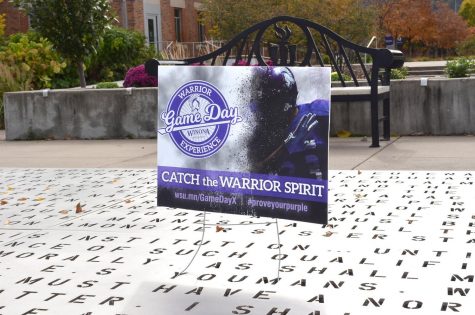
Like many of Winona State’s policies the university’s dry campus policy was crafted by the Minnesota State Drug and Alcohol Policy and the Board of Trustees. All requests to allow alcohol at campus based events go through President Olson, who says one of the most common event requests he receives is for weddings.



